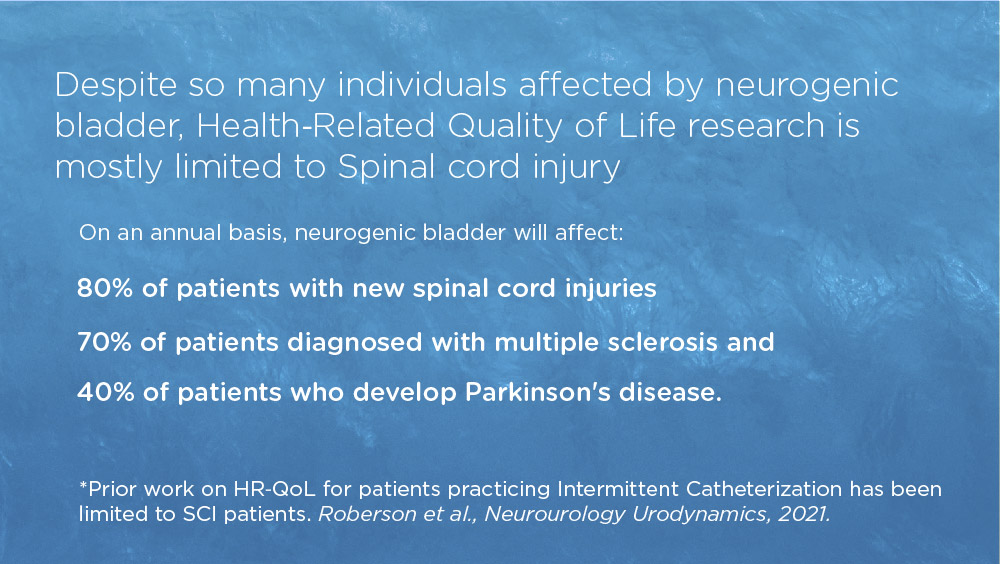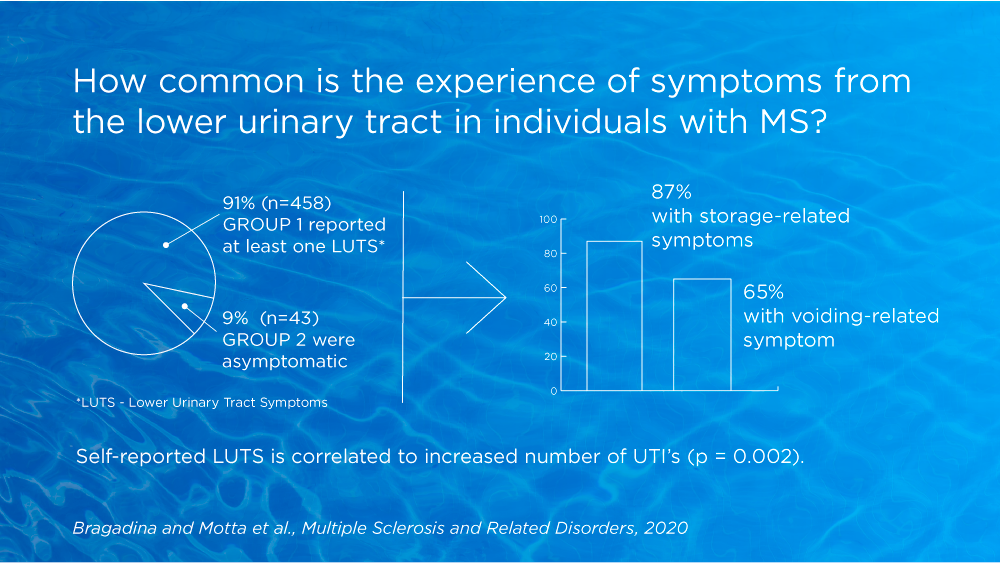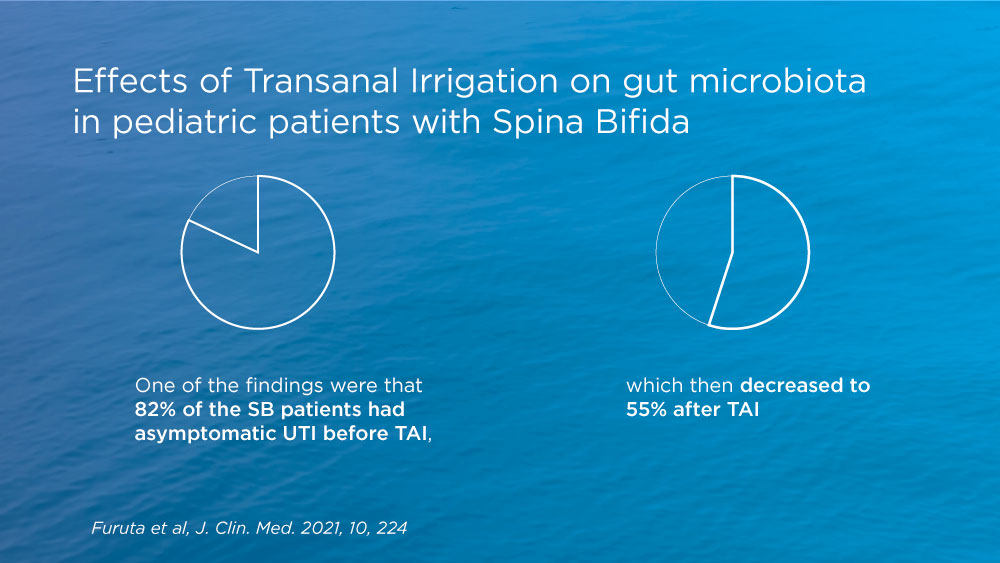For a successful therapy, it’s important to find out the patients’ actual experiences when performing intermittent catheterization (IC). But a lack of research can provide obstacles. Have we heard directly from the patient about the difficulties they face when approaching IC?
A recent study seeks to remedy this neglect in research; it involved a total of 200 adults who had independently been performing IC for at least 6 months across the US.
Read More
Topics: Urinary Tract Infection (UTI), Neurogenic bladder, Spinal Cord Injury (SCI), Parkinsons disease, Intermittent Catheterization, multiple sclerosis
People with neurogenic bladder and/or bowel dysfunction often suffer from highly individualized symptoms. It can be difficult to quantify change in an individual’s symptoms using standardized measurement tools, and points to the value of Patient—Centered Outcome Measures.
Read MoreTopics: Neurogenic bladder, Neurogenic bowel, Bowel dysfunction, Bladder dysfunction, quality of life
Storage and voiding symptoms often coexist, affecting up to 59% of individuals with MS. These clinical manifestations impact quality of life and are often associated with depressive symptoms, loss of work productivity, poor sleep quality and, in general, a deterioration in overall health. Problems related to micturition impede many people with MS from fully participating with family, friends and the community.
Read MoreTopics: Neurogenic bladder, Lower Urinary Tract Symptoms (LUTS), Bladder dysfunction, Multiple Sklerose (MS)
Transanal irrigation's influence on gut microbiota could have a positive effect on the immune system and contribute to reduced UTIs.
Read MoreTopics: Urinary Tract Infection (UTI), Bladder and bowel interaction, Neurogenic bladder, Spina Bifida, Neurogenic bowel
Bladder and bowel symptoms are known to reduce quality of life and are rated a severe life problem in persons with SCI. This study was undertaken to identify women’s experiences living with spinal cord injury and neurogenic bladder and bowel.
Topics: Bladder and bowel interaction, Neurogenic bladder, Neurogenic bowel, Women's health, quality of life







